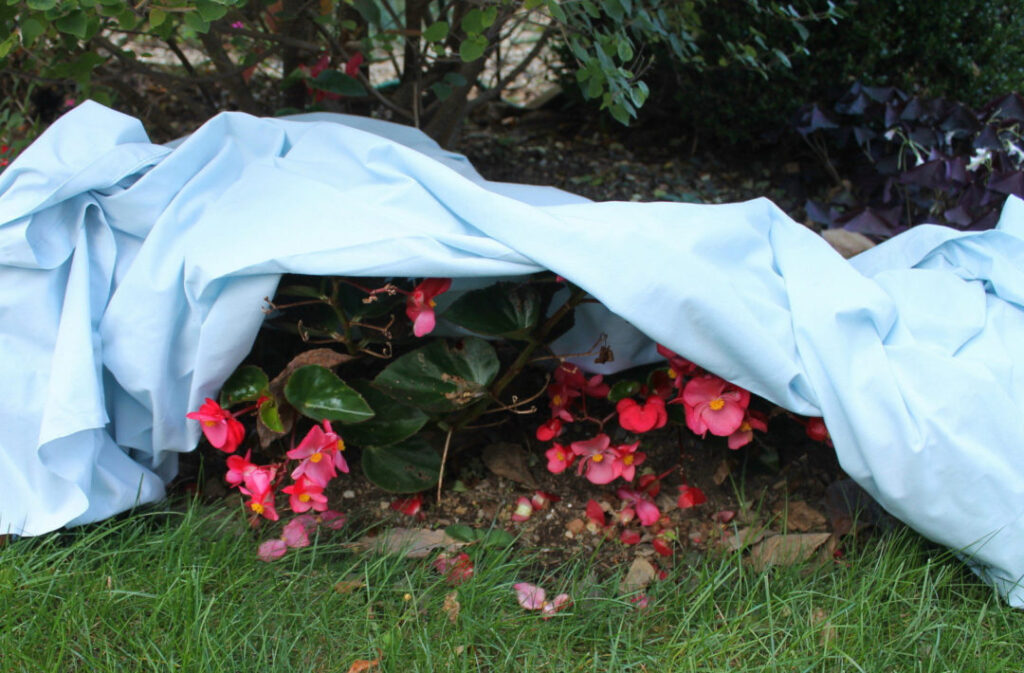Florida, with its palm trees, warm beaches, and subtropical climate, might not be the first place you think of when considering cold weather preparations. However, the state does experience its fair share of chilly nights and occasional frosts, especially in its northern regions. Preparing your Florida landscape for these colder moments can make all the difference in preserving the beauty and health of your garden.
for Florida.
1. Understand Florida's Unique Climate
While Florida is generally warm, it can have cool to cold spells, especially from December to February. The state can be divided into three main zones:
- North Florida: Experiences the most significant cold and can have several frosty nights.
- Central Florida: Occasional frosts and cooler temperatures.
- South Florida: Rare frosts but cooler nights.
2. Choose Cold-Tolerant Plants
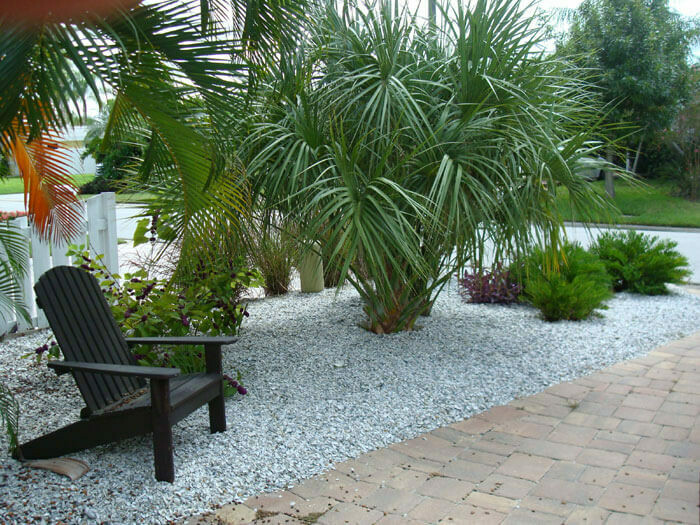
Many tropical plants flourish in Florida, yet they can face challenges during unexpected cold snaps. When planning your landscape, it’s wise to consult a landscaper who knows best which plants, including cold-hardy varieties like camellias, azaleas, and specific palms such as the sabal palm, are ideal for Florida’s winter conditions.
3. Mulch Matters
Mulch plays a crucial role in preserving the microclimate of the soil by maintaining its warmth and moisture levels. In Florida’s fluctuating temperatures, mulch acts as a protective shield, preventing the soil from rapid cooling during unexpected temperature drops. Pine straw is a popular choice in the region, providing excellent insulation and allowing for water permeability. Bark, on the other hand, offers a durable and visually appealing layer that breaks down slower. Additionally, utilizing fallen leaves, which are abundant and eco-friendly, can be an effective way to recycle organic matter, enriching the soil as they decompose. In the Florida landscape, choosing the right mulch material is essential to ensure optimal plant growth and soil health.
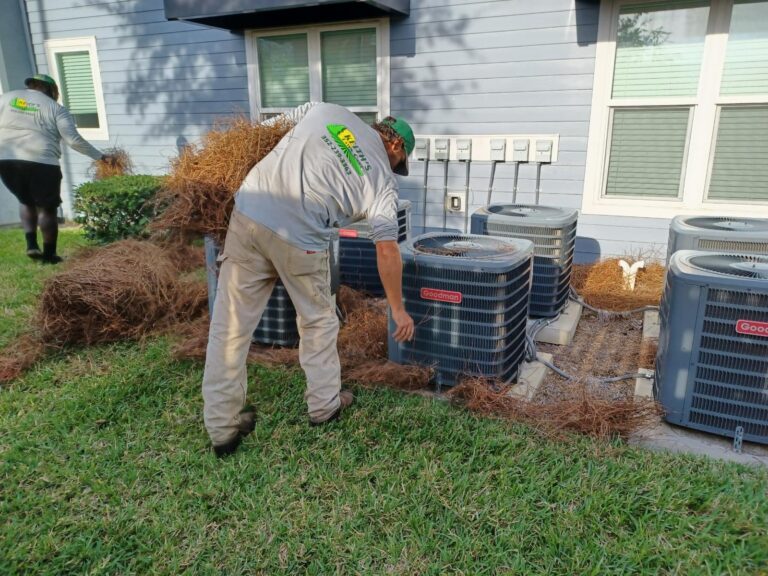
Mulch for Protection
In Florida’s ever-changing climate, mulching takes on a vital role, becoming even more crucial during the winter months. Applying a substantial layer of quality mulch, choices like pine straw or bark being particularly effective, serves a multi-faceted purpose. Firstly, it acts as a protective blanket, shielding plant roots from the abrupt temperature changes that Florida winters can occasionally bring. Beyond temperature regulation, mulch aids in conserving soil moisture, ensuring that plants remain hydrated even during drier periods. For the best mulching advice tailored to your specific garden needs, it’s wise to consult with a professional landscaper.
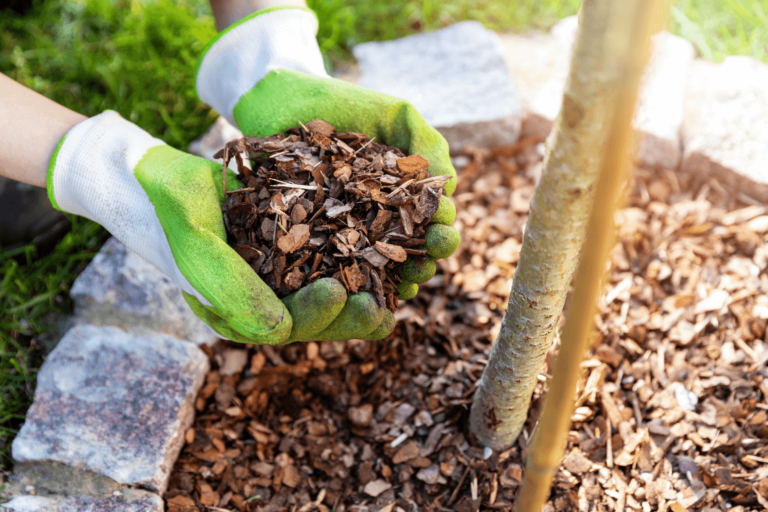
4. Cover Sensitive Plants
In Florida’s predominantly warm climate, a majority of its native plants have adapted to balmy conditions. However, even in this tropical paradise, occasional cold fronts can bring temperatures that challenge these plants. Especially susceptible are young plants, tropical varieties, or those recently transplanted. On these unexpectedly chilly nights, proactive measures can make all the difference. Using lightweight cloth, specialized frost cloths, or even repurposing old sheets can provide a temporary shield for these plants. These materials act as a barrier, trapping heat from the ground and preventing the cold air from directly contacting the plant, thereby mitigating the risks of frost damage. However, it’s crucial to remember that these covers should be removed during daylight hours. Keeping them on during the day can trap too much heat, especially if the sun is out, which can inadvertently harm the very plants you’re trying to protect.
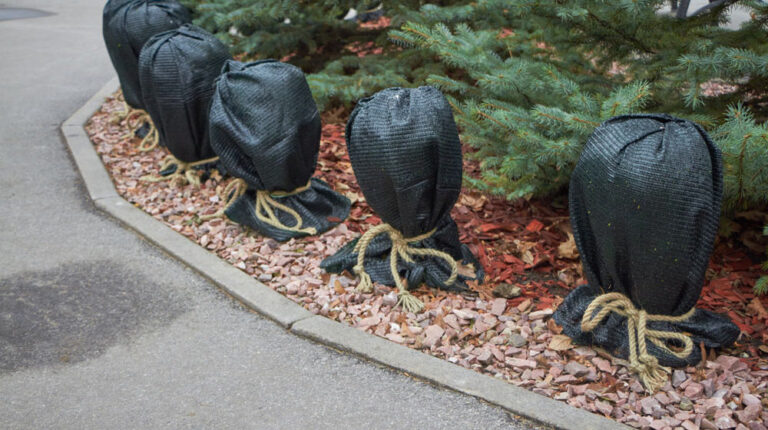
5. Hydration Helps
Plants that are adequately hydrated are better equipped to handle cold snaps compared to those that are dry. The moisture in the cells acts as an insulator, and moist soil retains heat longer, safeguarding plant roots. However, while ensuring plants are well-watered, it’s important to avoid overwatering. Excess water can deprive the soil of oxygen, promoting fungal growth and leading to root rot, which can severely compromise a plant’s health. Engaging a professional landscaper can provide the expertise needed for appropriate watering and cold protection, ensuring your plants remain healthy and vibrant throughout the cooler months.
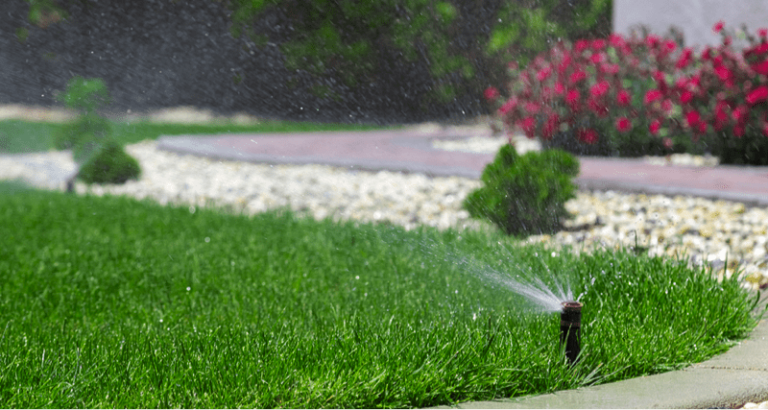
6. Delay Pruning
Avoid heavy pruning before the colder months. Freshly pruned plants are more susceptible to cold damage. If cold weather damages a plant, wait until spring to prune the dead sections to ensure it’s not subjected to more cold stress.
7. Relocate Potted Plants
Container plants are more vulnerable to cold since their roots are exposed. Move them to more sheltered locations, like against the house or under a covered patio, during cold spells.
8. Mind the Lawn
In Florida, widely favored grass varieties such as St. Augustine and Bermuda have a natural response to cooler temperatures: they enter a dormant phase. During this period, their growth slows down, and their color might fade. It’s essential to adjust lawn care practices accordingly. Reduce the frequency of watering since dormant grass requires less moisture, and hold off on fertilizing. Fertilization can spur growth at a time when the grass is trying to conserve energy. It’s best to wait until the temperatures rise and the grass awakens from its dormant state before resuming regular watering and fertilization routines.

9. Watch the Weather
Stay updated with local weather forecasts. Even in Florida, unexpected cold snaps can happen, so it’s essential to be prepared to act when they do.
10. Educate Yourself
Lastly, reach out to local nurseries or the University of Florida’s IFAS Extension for region-specific advice on preparing for and handling cold weather.
Though Florida may be the Sunshine State, cold spells do make their appearance, and they can catch many off-guard. By following the steps outlined above, you can ensure your Florida landscape remains lush, vibrant, and healthy, even when temperatures dip below what’s typically expected.
Bracing for Florida’s variable winter temperatures? Rely on Keith’s Lawn Care for comprehensive landscaping solutions. With expertise fine-tuned for the Sunshine State, we guarantee a flourishing garden throughout every season.

